Amnesty accuses Burundi of violent repression
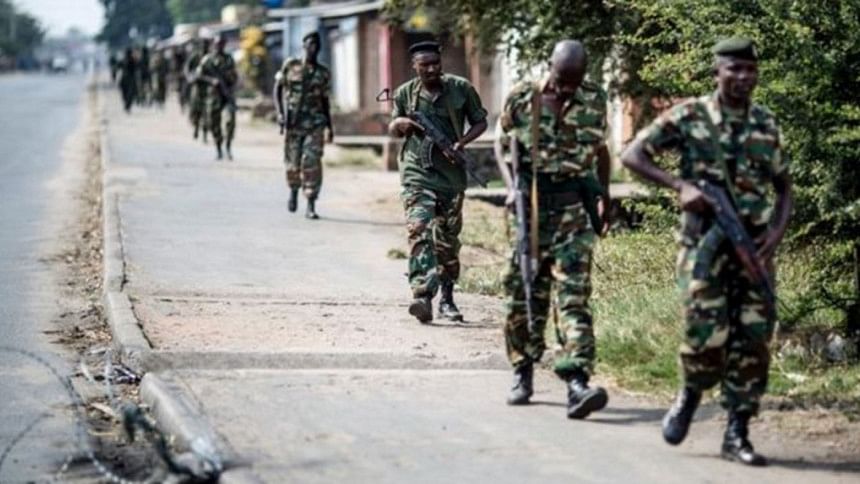
The security forces in Burundi systematically killed dozens of people during violent repression that took place in the capital Bujumbura on 11 December, Amnesty International said.
It said that some of the scores of people who died during the single bloodiest day of Burundi's "escalating crisis" were killed extra-judicially.
At least 87 people were killed, including eight security force members.
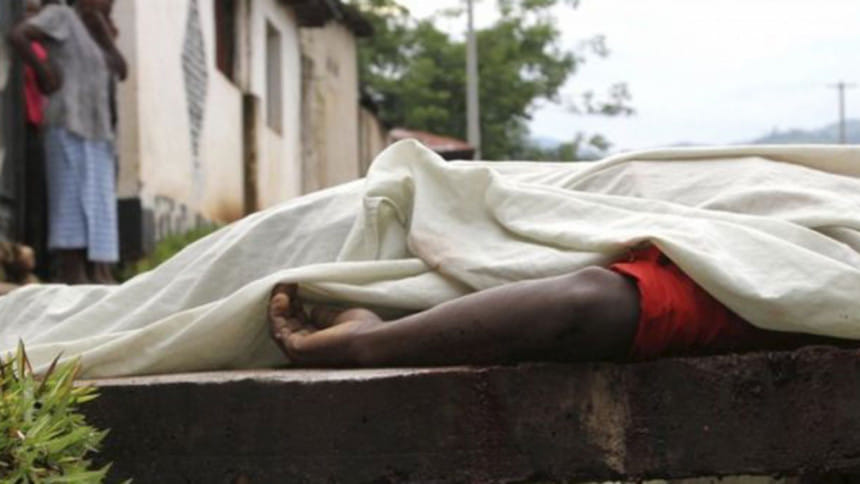
The government has not yet responded to the Amnesty report.
But it said soon after the violence on 11 December that those killed were responsible for attacks on government installations.
Unrest has blighted Burundi since an attempted coup in May and protests over President Pierre Nkurunziza's continued rule.
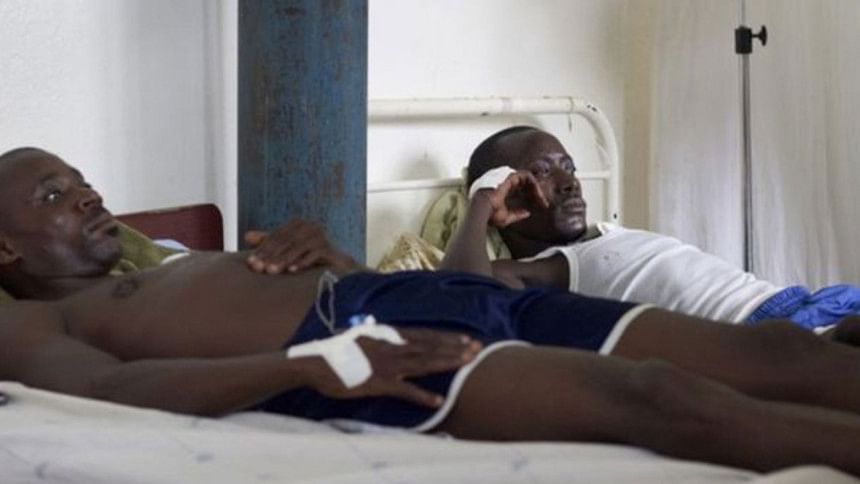
The attempt to overthrow the president followed his decision to seek a third term in office, which he won in a disputed election in July.
Ethnic conflict between Hutus and Tutsis which began in Burundi in the early 1990s claimed an estimated 300,000 lives.
'NADIR'
"The violent repression that took place on 11 December represented a dramatic escalation in scale and intensity from previous security operations," the Amnesty report says.
"But the modus operandi of the operations - involving extrajudicial executions, systematic looting and theft, arbitrary arrests and targeting of perceived political opposition strongholds - was not qualitatively different from past practice."
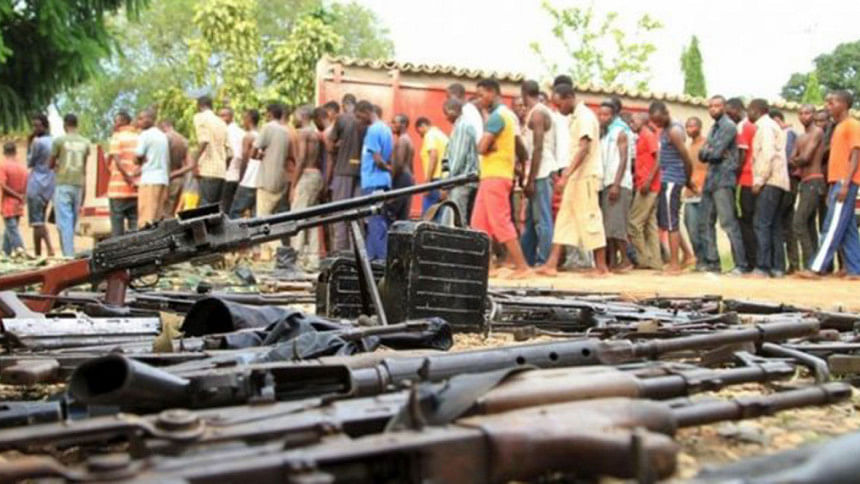
Amnesty says that its report was compiled after a two-week fact-finding mission to the country.
Most of those killed on 11 December were residents of districts mostly inhabited by members of the minority Tutsi ethnic group, it says.
"They are considered by the authorities to be pro-opposition areas, as the protests that began in April against President Nkurunziza's bid for a third term in office started in these neighbourhoods."
Amnesty says that since the beginning of the protests in April, residents of Bujumbura have become accustomed to near-daily reports of corpses being found in the streets.
"Frequent arbitrary arrests and enforced disappearances, as well as what appears to be a systematic practice of extortion by the security forces... have also contributed to the rapid deterioration of the human rights situation in the country," Amnesty says.
"Yet, even in this context, the events of 11 December marked a nadir," the report says.
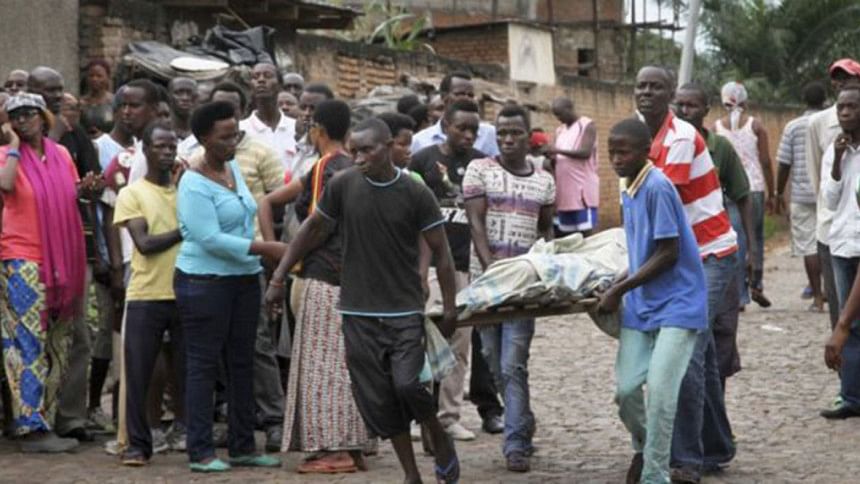
While the government faces "an extremely challenging security situation", including armed attacks on the security forces, "it must confront these challenges in a manner consistent with human rights and the rule of law".
"Ending the absolute impunity that the security forces currently enjoy is an essential first step," Amnesty says.

 For all latest news, follow The Daily Star's Google News channel.
For all latest news, follow The Daily Star's Google News channel. 



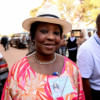

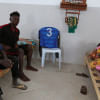


Comments